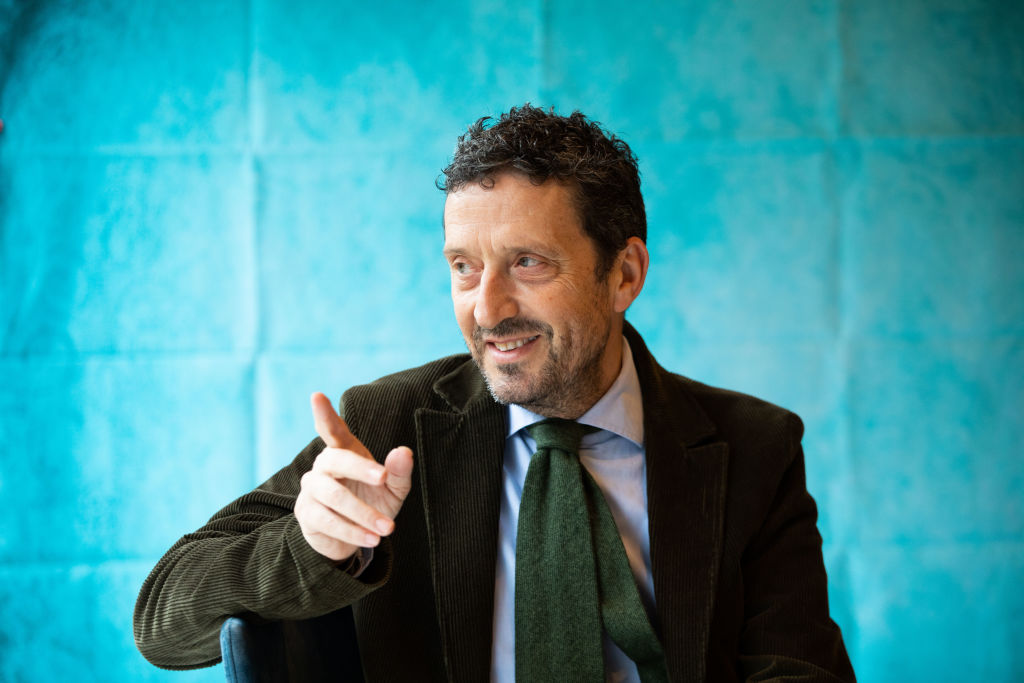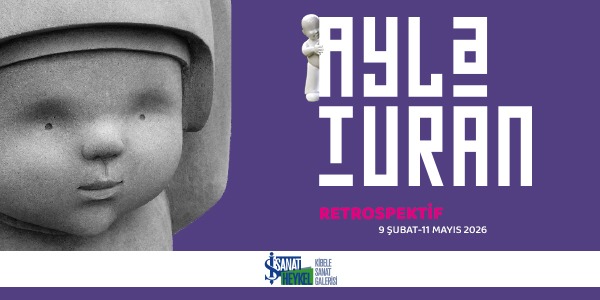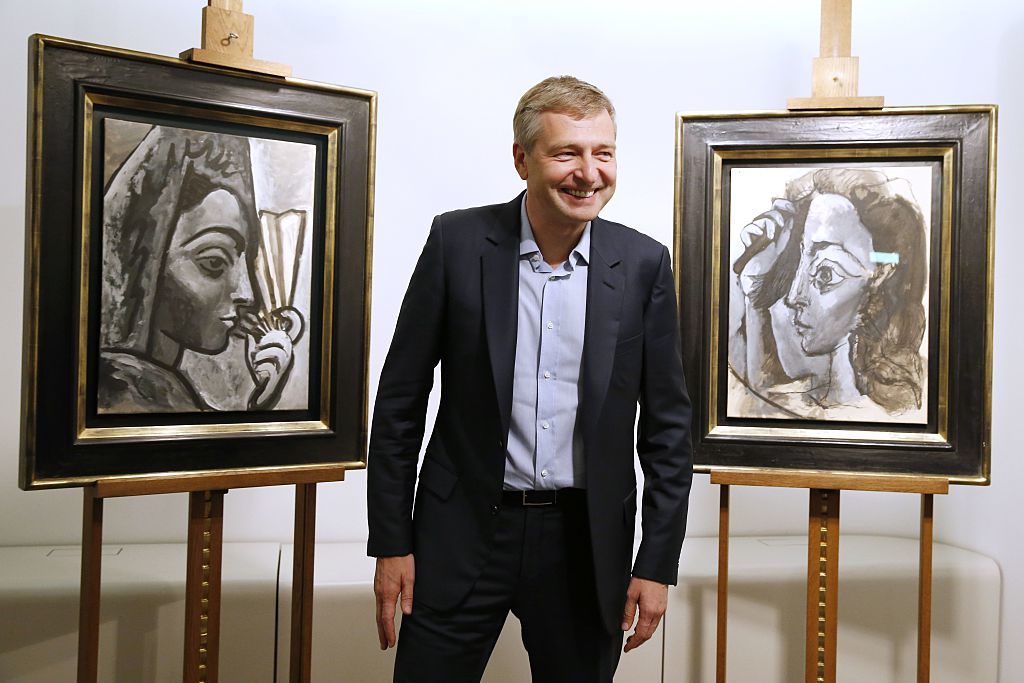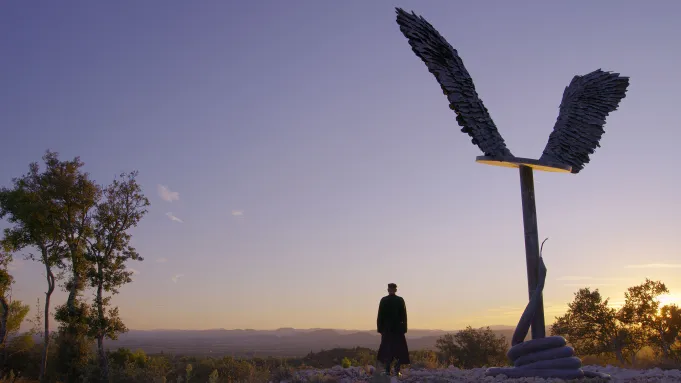Italian newspapers have speculated that a right-wing journalist backed by Italy’s far-right leader Giorgia Meloni is set to become the next president of the Venice Biennale, artner.com reported. Pietrangelo Buttafuoco, who has no previous managerial experience, publicly supported Meloni during her election campaign and has close ties with her culture minister Gennaro Sangiuliano. The Italian outlets are also presuming that the biennale’s current president Roberto Cicutto will not have his role renewed for a second term.
These rumors about a switch-up of the highest seat at the prestigious foundation have been circulating in multiple Italian publications on both sides of the political spectrum, several of which reported having information from insiders. It is being read within the context of a wider effort by Meloni’s cabinet to reshape Italy’s culture sector.
“I want to free Italian culture from an intolerant system of power in which you couldn’t work if you didn’t declare yourself of a certain political camp,” Meloni told a crowd in May. “We were told that the left had a cultural hegemony but it wasn’t cultural hegemony, it was a hegemony of power.”
The role of the director of the Venice Biennale includes helming the selection of the director of the art biennale. The Brazilian curator Adriano Pedrosa was appointed for next year’s 60th edition, which opens in April 2024 with the theme of “Stranieri Ovunque – Foreigners Everywhere.” Cicutto expressed the importance of Pedrosa’s appointment—he will be the first Latin American curator to lead the exhibition.
Cicutto was appointed to his role in 2020 by then culture minister Dario Franceschini, of the centre-left. His first four-year term out of a possible three terms will come to an end in March 2024.
The Venice native was previously CEO of Istituto Luce-Cinecittà, a state-backed organization supporting Italian cinema, before he assumed the presidency, and his leadership of the Venice Biennale has been widely recognized as a success. The 59th art biennale in 2022 was the most attended edition of all time, and the umbrella foundation is in good financial health, appearing to have overcome the setbacks of the pandemic. His predecessor Paolo Baratta served three terms.
Despite the president’s achievements, Il Giornale dell’Arte has alleged that “the centre-right spoils system encouraged by culture minister Gennaro Sangiuliano […] knows no exceptions.”
La Nuova Venezia, a regional paper, also suggested that the minister, who was appointed last fall, may be looking to bring about change in Venice. It claimed that Sangiuliano declined to publicly congratulate Cicutto on the biennale, which closed on November 27, and it was reported that the culture minister never once attended despite visiting Venice multiple times last summer. Artnet News reached out to the culture ministry to confirm but did not hear back by publication time.
Buttafuoco, aged 59, has been named in several papers, alongside the historian Giordano Bruno Guerri, as a possible front runner to potentially replace Cicutto, in the event that his term is not renewed.
According to the right-wing publication Il Giornale d’Italia, Buttafuoco was considered for the role of Italy’s culture minster before it was given to Sangiuliano. Il Giornale dell’Arte noted that since then Buttafuoco has been frequently spotted at the ministry’s offices.
The Corriere del Veneto, a local edition of Italy’s most popular newspaper the Corriere della Serra, claimed that Venice’s mayor Luigi Brugnaro backs the choice, as does Luca Zaia, president of the wider region of Veneto. Though the official selection process has not begun, the paper concluded that “the political will appears clear.”
Artnet News reached out to the Venice Biennale but did not hear back by publication time. Italy’s Ministry of Culture did not respond for requests on its plans for the Venice Biennale presidency.
Typically, the procedure to appoint a new president for the Venice Biennale foundation requires a name to be submitted by the culture ministry to the House and Senate; cultural committees there then offer advisory opinions and issue a ministerial decree that is signed by the culture minister, ratifying the choice.
Whether or not he is in the running, it is no big surprise that Buttafuoco would be welcome at government offices. He has also known culture minister Sangiuliano for 40 years—the two even went to school camp together, according to a report in La Repubblica.
During Meloni’s election campaign, Buttafuoco publicly supported the then presidential candidate. In August 2022, he cautioned in La Stampa, that “another ten years of the status quo and of the left in Italy could be lethal,” and the quote was shared by Meloni on X (formerly known as Twitter).
Wider Shifts in the Cultural Realm
The speculation about a major shift in the management of the Venice Biennale has certainly been spurred by concrete changes made by the new Ministry of Culture since new politicians took office last fall. If the rumors turn out to be true, the appointment of Buttafuoco would echo the choice of another right-wing journalist to direct Fondazione MAXXI, which manages the MAXXI, Italy’s national museum for contemporary art and architecture in Rome. In December 2022, Italian journalist Alessandro Giuli took over from Giovanna Melandri, a centre-left politician who had directed the foundation since 2012, just in time to oversee a major €37.5 million ($40.7 million) expansion set to open in 2026.
Growing up in Rome, Giuli was involved with the radical far-right political movement Meridiano Zero. He has written for right-leaning publications like Il Foglio and Libero, but has no experience in arts management. His tenure at the MAXXI has already been mired in controversy.
In July, he appeared on a panel with Italy’s undersecretary for culture Vittorio Sgarbi who was filmed going on a crude and sexist rant which he defended as “free speech.” “The d*ck is an organ of knowledge, that is of penetration, it serves to [make us] understand,” Sgarbi said, according to Euronews. Giuli made no attempt to stop Sgarbi, later claiming that he wanted “to avoid risking an incident,” and adding that “the consequences for Maxxi would have been potentially worse” if he had offended the undersecretary.
The government body has also made clear its intention to replace foreign museum directors, after they were welcomed by former centre-left prime minister Matteo Renzi in 2015. Eight years and two terms later, it appears that they will be excluded from the chance to have their contracts renewed, since the ministry’s advert for potential directors bars anybody reapply for a third term, according to Corriere Fiorentino. They are free to apply to other museums in Italy.
“Why do I have to put a foreign director in the Uffizi?” Sgarbi said on Sunday, August 20, promising that non-Italian directors will be removed and “they will leave no trace.” A day later, he insisted that the remark had not been serious.
Foreign directors like Cecilie Hollberg of the Galleria dell’Accademia in Florence, would potentially be out of a job. Hollberg, who is from Germany, oversaw a major renovation last year while also boosting visitor numbers to 1.5 million, up from 300,000 in 2021. Footfall has kept rising, reaching over 1 million visitors in the first six months of 2023.
“There’s no prejudice against foreign directors, some of whom will certainly continue working in Italian museums,” a spokesperson for the ministry told Artnet News. “However, the situation met by the new ministry was paradoxical, that is that the main national cultural institutions, from the Uffizi to the Scala, were in the hands of foreigners. We just need more balance.”
Meloni’s government has made changes elsewhere in Italy’s cultural landscape. On August 3, it approved a new law giving government officials more power over the management of Rome’s Experimental Cinematography Center. The four-year term of the current board of directors, which was scheduled to end in 2025, was effectively cut short by the new law. Their replacements have not yet been named.









